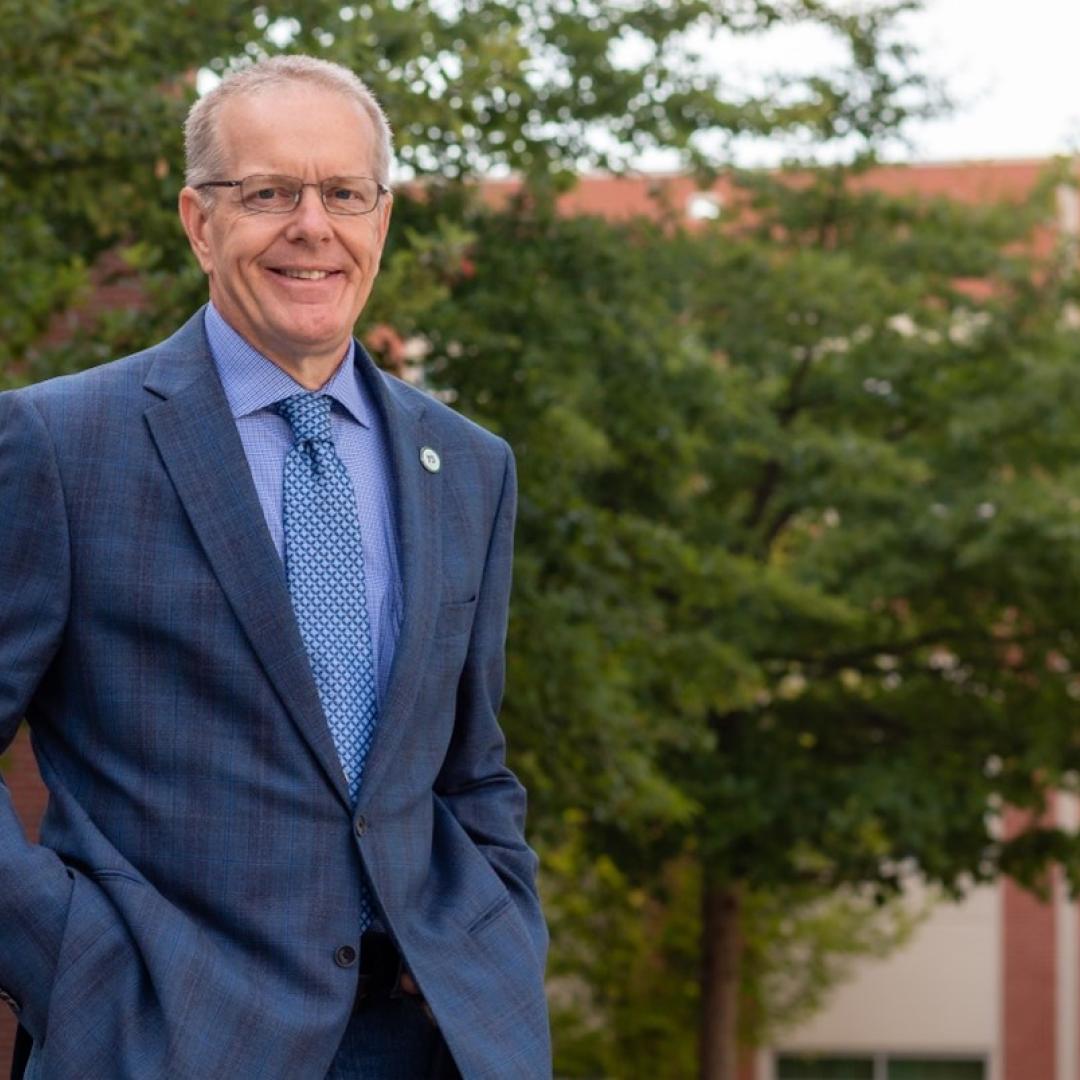
Filter News
Area of Research
News Type
News Topics
- (-) Decarbonization (22)
- (-) Partnerships (28)
- 3-D Printing/Advanced Manufacturing (49)
- Advanced Reactors (12)
- Artificial Intelligence (31)
- Big Data (11)
- Bioenergy (24)
- Biology (22)
- Biomedical (18)
- Biotechnology (7)
- Buildings (15)
- Chemical Sciences (33)
- Clean Water (1)
- Climate Change (24)
- Composites (10)
- Computer Science (62)
- Coronavirus (17)
- Critical Materials (11)
- Cybersecurity (18)
- Education (3)
- Element Discovery (1)
- Energy Storage (45)
- Environment (43)
- Exascale Computing (12)
- Fossil Energy (1)
- Frontier (16)
- Fusion (14)
- Grid (18)
- High-Performance Computing (31)
- Irradiation (1)
- Isotopes (21)
- ITER (2)
- Machine Learning (14)
- Materials (67)
- Materials Science (53)
- Mercury (2)
- Microelectronics (1)
- Microscopy (18)
- Molten Salt (2)
- Nanotechnology (28)
- National Security (20)
- Net Zero (4)
- Neutron Science (56)
- Nuclear Energy (33)
- Physics (24)
- Polymers (13)
- Quantum Computing (10)
- Quantum Science (28)
- Renewable Energy (1)
- Security (11)
- Simulation (11)
- Software (1)
- Space Exploration (3)
- Statistics (1)
- Summit (21)
- Sustainable Energy (36)
- Transformational Challenge Reactor (4)
- Transportation (32)
Media Contacts
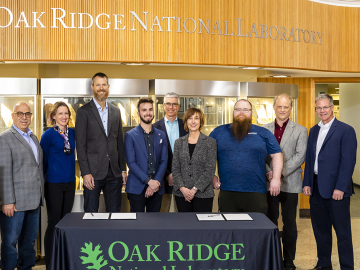
A technology developed at ORNL and used by the U.S. Naval Information Warfare Systems Command, or NAVWAR, to test the capabilities of commercial security tools has been licensed to cybersecurity firm Penguin Mustache to create its Evasive.ai platform. The company was founded by the technology’s creator, former ORNL scientist Jared M. Smith, and his business partner, entrepreneur Brandon Bruce.

U2opia Technology, a consortium of technology and administrative executives with extensive experience in both industry and defense, has exclusively licensed two technologies from ORNL that offer a new method for advanced cybersecurity monitoring in real time.

A partnership of ORNL, the Tennessee Department of Economic and Community Development, the Community Reuse Organization of East Tennessee and TVA that aims to attract nuclear energy-related firms to Oak Ridge has been recognized with a state and local economic development award from the Federal Laboratory Consortium.
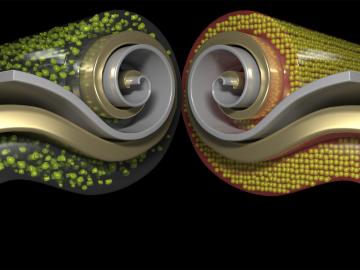
Researchers at ORNL have developed a new method for producing a key component of lithium-ion batteries. The result is a more affordable battery from a faster, less wasteful process that uses less toxic material.
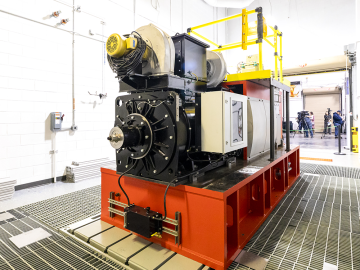
As the United States shifts away from fossil-fuel-burning cars and trucks, scientists at the Department of Energy’s Oak Ridge and Argonne national laboratories are exploring options for another form of transportation: trains. The research focuses on zero-carbon hydrogen and other low-carbon fuels as viable alternatives to diesel for the rail industry.
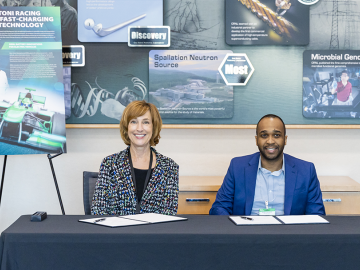
Marc-Antoni Racing has licensed a collection of patented energy storage technologies developed at ORNL. The technologies focus on components that enable fast-charging, energy-dense batteries for electric and hybrid vehicles and grid storage.
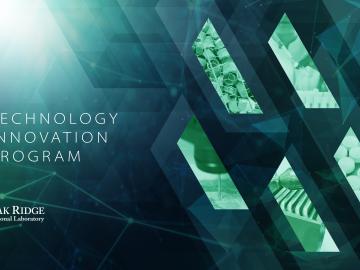
Five technologies invented by scientists at the Department of Energy’s Oak Ridge National Laboratory have been selected for targeted investment through ORNL’s Technology Innovation Program.
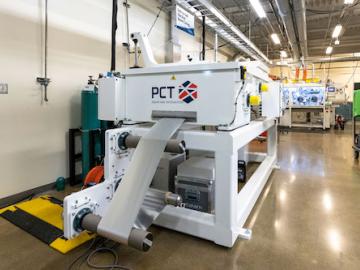
Researchers at the Department of Energy’s Oak Ridge National Laboratory and their technologies have received seven 2022 R&D 100 Awards, plus special recognition for a battery-related green technology product.

ORNL is sponsoring a cohort of 100Knoxville, a five-week mentorship and support program for Black founders of businesses.
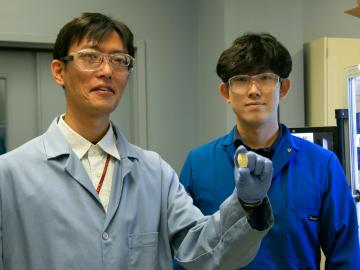
ORNL researchers have developed an upcycling approach that adds value to discarded plastics for reuse in additive manufacturing, or 3D printing.


